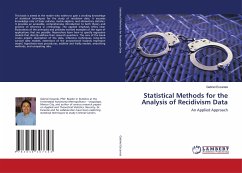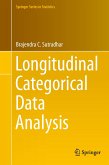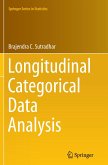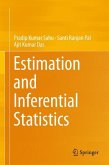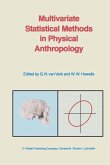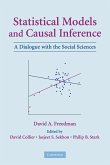This book is aimed at the reader who wishes to gain a working knowledge of statistical techniques for the study of recidivism data. It assumes knowledge only of basic calculus, matrix algebra, and elementary statistics. It provides an accessible, comprehensive introduction to both theory and practice of inference in criminology. The applied emphasis offers clear illustrations of the principles and provides worked examples of the types of applications that are possible. Researchers learn how to specify regression models that directly address their research questions. The core of the book covers empiric description of the data, inference techniques, long-term survival data models, extensions of the proportional hazards regression model, hypothesis tests procedures, additive and frailty models, smoothing methods, and competing risks.
Bitte wählen Sie Ihr Anliegen aus.
Rechnungen
Retourenschein anfordern
Bestellstatus
Storno

